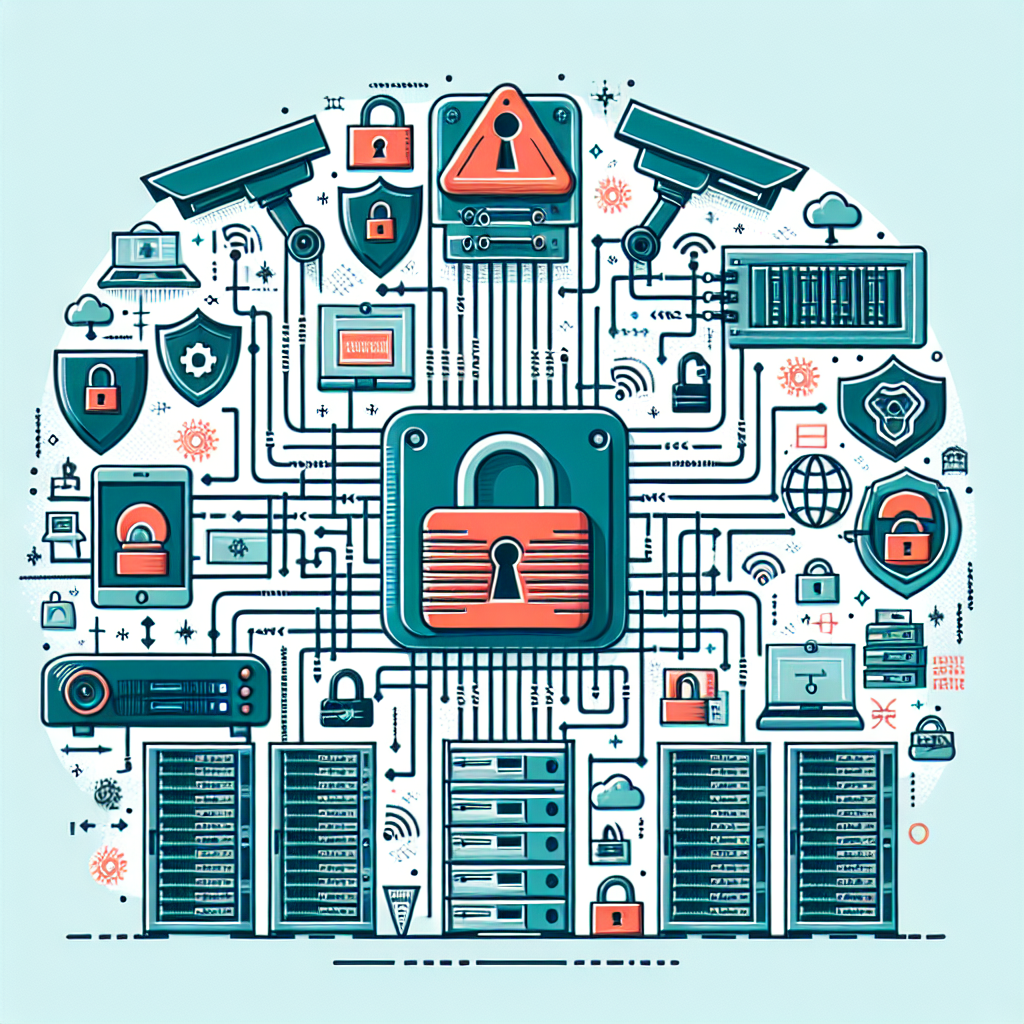Data centers are the backbone of modern businesses, housing critical information and infrastructure that keep operations running smoothly. With the increasing threat of cyber attacks and data breaches, implementing an effective data center security system is essential to safeguarding sensitive information and ensuring business continuity. Here are some key considerations for organizations looking to enhance their data center security:
1. Physical Security Measures: Protecting the physical infrastructure of a data center is the first line of defense against unauthorized access. Implementing measures such as access control systems, surveillance cameras, and biometric authentication can help prevent physical breaches and ensure that only authorized personnel are allowed entry.
2. Network Security: Securing the network infrastructure of a data center is crucial to protecting data from cyber threats. Firewalls, intrusion detection systems, and encryption protocols are essential components of a robust network security system that can help detect and prevent unauthorized access to sensitive information.
3. Data Encryption: Encrypting data at rest and in transit is essential for protecting sensitive information from unauthorized access. Implementing strong encryption algorithms and key management practices can help ensure that data remains secure, even if it falls into the wrong hands.
4. Monitoring and Logging: Monitoring and logging activities within the data center can help detect suspicious behavior and potential security breaches. Implementing a centralized logging system and real-time monitoring tools can help IT teams identify and respond to security incidents quickly and effectively.
5. Disaster Recovery Planning: In the event of a security breach or natural disaster, having a comprehensive disaster recovery plan in place is essential for minimizing downtime and protecting critical data. Regularly testing and updating the disaster recovery plan can help ensure that the data center remains secure and operational in the face of unforeseen events.
6. Compliance with Regulations: Data centers are subject to various regulations and compliance requirements, such as GDPR, HIPAA, and PCI DSS. Ensuring that the security system meets these regulatory standards is essential for avoiding penalties and protecting the organization’s reputation.
7. Employee Training: Educating employees on security best practices and policies is essential for maintaining a secure data center environment. Regular training sessions on topics such as password hygiene, phishing awareness, and physical security protocols can help prevent human errors that could compromise data security.
Implementing an effective data center security system requires a comprehensive approach that addresses physical, network, and data security measures. By considering these key factors and implementing best practices, organizations can enhance the security of their data center and protect critical information from cyber threats.


Leave a Reply